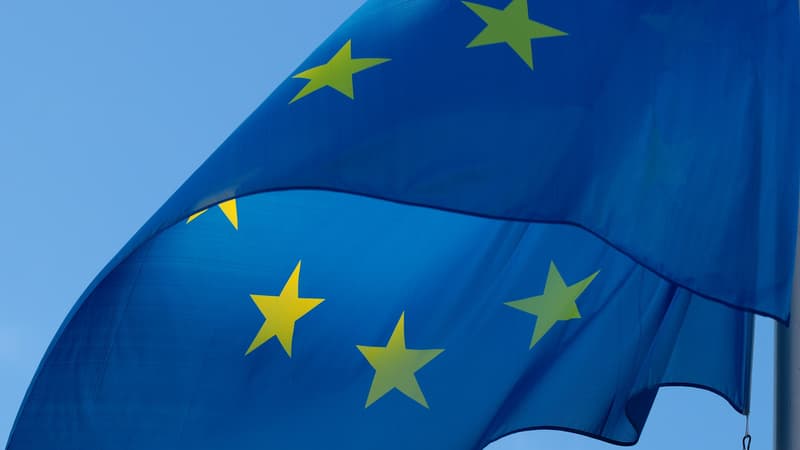The European Union approved on Tuesday the creation of a common European instrument that aims to punish any country that uses economic sanctions to put pressure on one of its members, such as China currently against Lithuania.
After more than a year of negotiations, MEPs and the Twenty-seven have reached an agreement on legislation that gives the EU new weapons to respond to economic threats from foreign governments. It is expected to enter into force this autumn after formal approval by the Council of the EU and the European Parliament.
Various types of reprisals after the exhaustion of mediation means
For the purposes of deterrence, the EU can resort to different types of reprisals: freezing access to public contracts, blocking marketing authorizations for certain products, blocking investments, etc. This will be the last resort, once all means of mediation have been used. exhausted, because direct dialogue with the State accused of economic blackmail will be favored.
The European Commissioner for Trade, Valdis Dombrovskis, hailed “a great step forward for the EU”. This new instrument “will allow us to defend our legitimate rights and interests with greater confidence,” he said.
These new weapons could be used in a conflict of the type that currently pits Lithuania against China. The Baltic country accuses Beijing of blocking its exports in protest at the opening in July of a Taiwanese diplomatic mission in Vilnius. China considers Taiwan as part of its territory. For the moment, the EU has initiated disputes within the World Trade Organization (WTO).
“A new kind of business tool for a new era”
The new European “anti-coercion” instrument is a reinforcement of the EU’s trade policy, justified by the context of growing geopolitical tensions between the United States on the one hand, China and Russia on the other.
Europe, a victim of its divisions, continues to struggle to use its economic weight to assert itself on the world stage. Decision-making on European foreign policy requires the unanimity of the 27 Member States. This rule limits Europe’s ability to react in the event of a crisis, with each country tending to defend its own interests.
More powers in the European Commission
The new tool will give more powers to the European Commission, leaving member states in control of the entire process. This distribution of powers was one of the most fiercely negotiated points, with some states reluctant to cede veto power over the measures.
Specifically, once a case has been investigated, the Commission will have a maximum period of four months to assess whether or not coercion exists. This decision must be approved by the Council of the EU within two months by a qualified majority, with the support of at least 55% of the Member States. [c’est-à-dire 15 États] representing at least 65% of the EU population-, which will make it possible to circumvent the opposition of a minority of countries.
In the event of a green light, a mediation phase will then begin, with no time limit, during which the Commission will try to convince the offending State to put an end to the challenged measures. In the absence of agreement, the Commission will propose the most suitable countermeasures chosen from its new arsenal. To oppose, member states must gather a supermajority against the proposal.
Source: BFM TV


